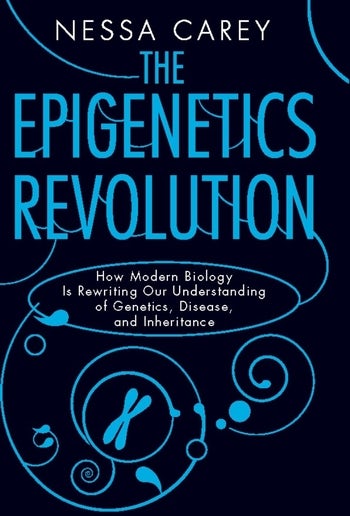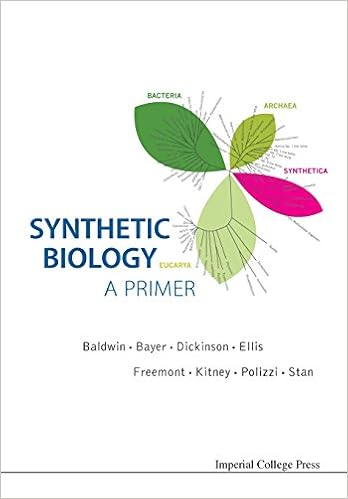MSN 522 Synthetic Biology – OFFERED EVERY FALL SEMESTER
Please find the course content here : MSN 522 Syllabus
Synthetic Biology is a new engineering field. Synthetic biology aims to develop new generation of cellular systems by employing engineering rules borrows mainly from computer engineering and electrical engineering. In other words synthetic biology aims to develop cellular programming languages using the biological entities to create new functionalities. However a basic understanding of how to “assembly” biological parts to develop “biological devices” is crucial. This course aims to answer to main questions :
1- What is synthetic biology ?
2- How can we develop biological devices ?
A popular science talk about Synthetic Biology given by Dr. Seker (only in Turkish) can be reached here:
Synthetic Biology : An Intro to Life Sciences Engineering
In this course, the tools and concepts will be explained by the lecturer, each of the topics will also be discussed using the related scientific papers as well. Also laboratory sections for two weeks will be implemented as term projects.
A basic understanding in molecular biology is a plus but not a must as long as the students are willing to learn the basic concepts on their own.
A very updated list of some of the synthetic biology research published by Nature Group journals can be reached here:
Synthetic Biology Collection of NPG
Following online course videos can be helpful to watch before taking the course :
Synthetic Biology: An Emerging Engineering Discipline – Timothy Lu
Synthetic Biology : Programming Bacteria by Christopher Voight
Synthetic Biology & Exponential Technologies – Prof. George Church
You may also want to check the following books, all of them are available in Bilkent U. library :




MSN 541 Nanobiotechnology – OFFERED EVERY SPRING SEMESTER
Please find the course content here : MSN 541 Syllabus
Nanotechnology is the study of materials at nanoscale – generally with a size of 100nm or less. Nanobiotechnology is the application of nanotechnology in solution of problems of life sciences, which includes biology and medicine. The aim of this course is to help equip graduate level students from various disciplines with basic knowledge on nanobiotechnology and its applications. This course will cover basic imaging techniques, biosensors, targeted drug delivery methods, biofilms, etc.